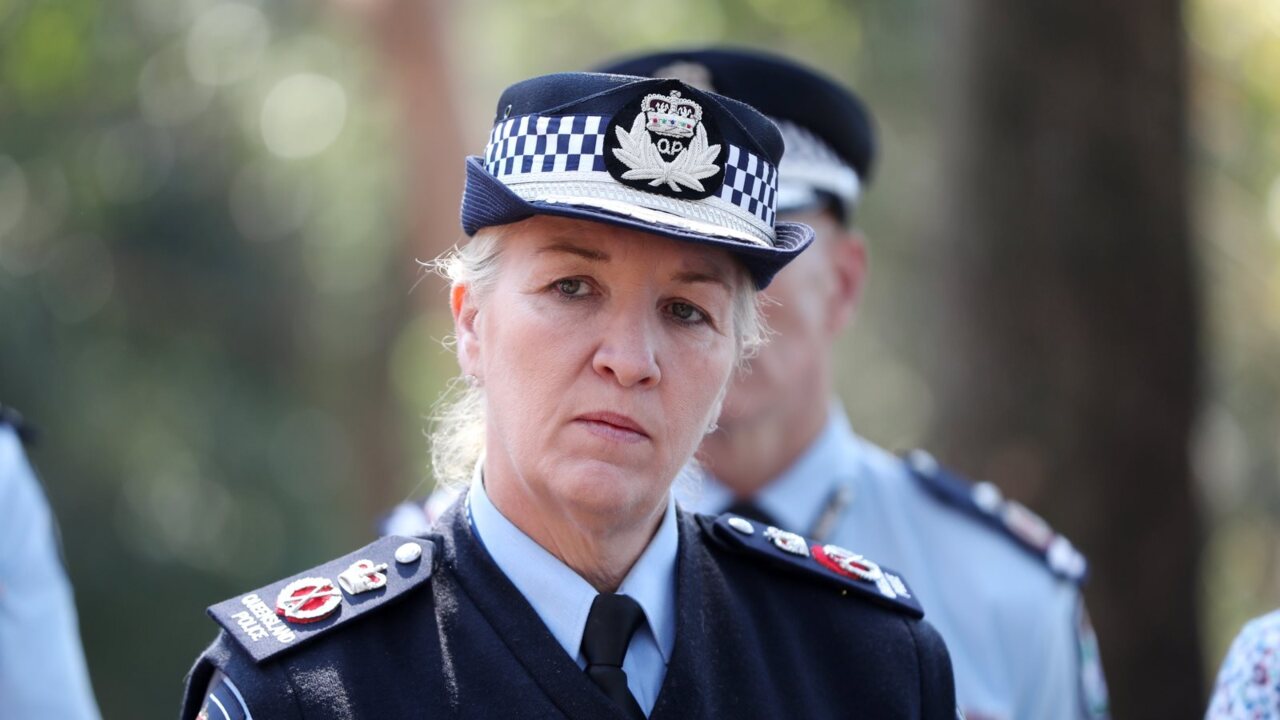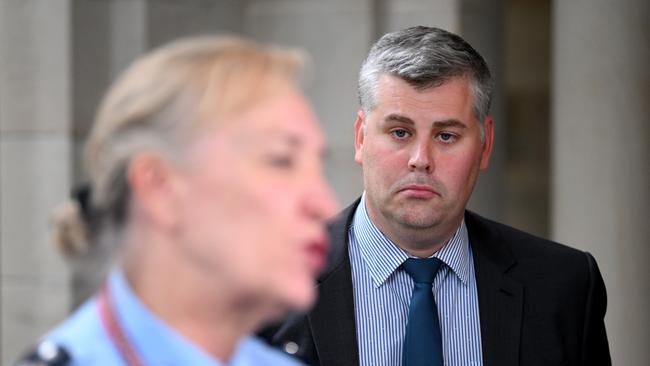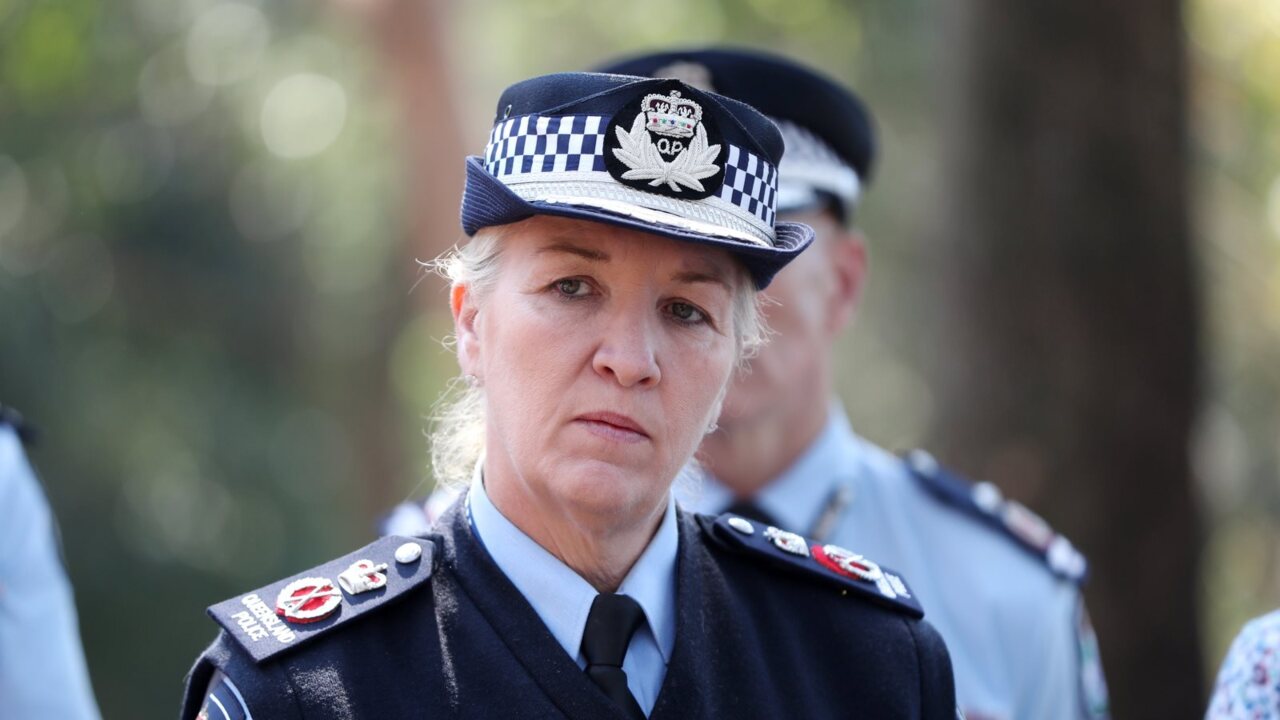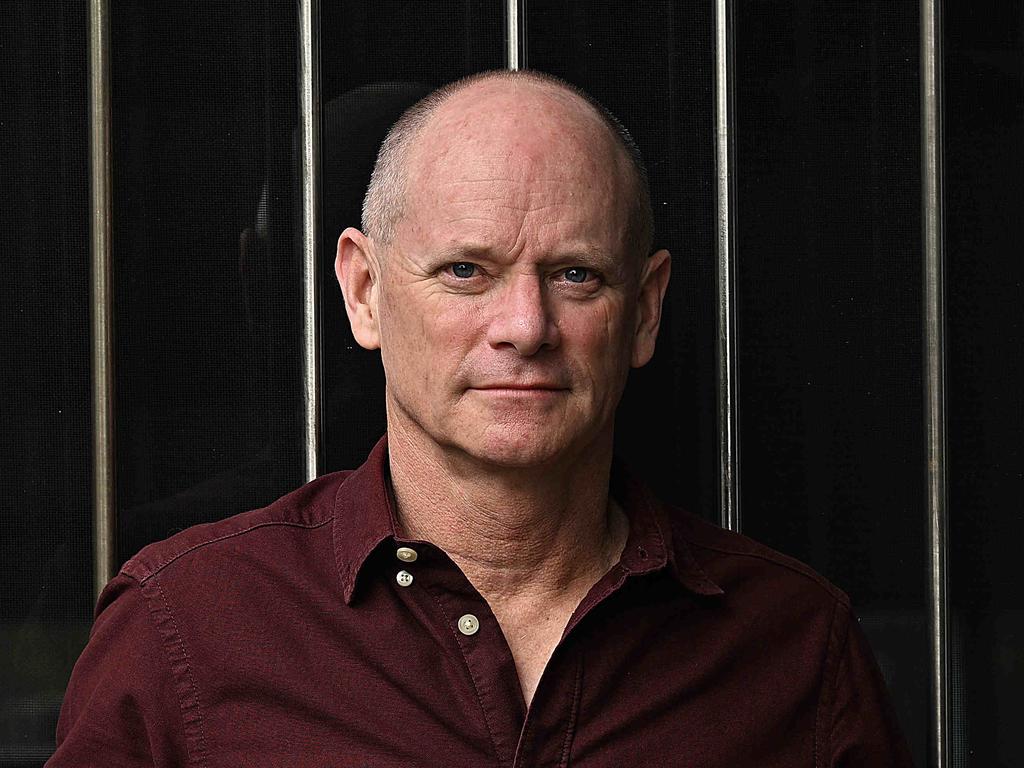Queensland Police Commissioner Katarina Carroll falls on her sword to end the ‘chatter’
Queensland Police Commissioner Katarina Carroll says her abrupt exit from the top job was to silence ‘speculation and chatter’ about her future.

Queensland Police Commissioner Katarina Carroll says her abrupt exit from the top job was to silence “speculation and chatter” about her future.
Ms Carroll announced her surprise resignation on Tuesday morning after weeks of pressure over her handling of the state’s youth crime crisis, workforce shortages and growing unrest within the ranks of the service.
While Premier Steven Miles and Police Minister Mark Ryan would have supported an extension of her contract, due to expire in July, Ms Carroll’s departure will give the Labor government an opportunity to reset the narrative on youth crime ahead of the October state election. Crime is a major concern for Queensland voters, with recently released taxpayer-funded polling finding only 16 per cent were satisfied with the government’s performance.
Ms Carroll, who has served in the role since 2019, revealed on Tuesday morning that she would finish on March 1 and had been thinking about leaving since the start of the year after conversations with her husband and children. “I don’t feel I have been made a scapegoat at all, this was my decision,” she said.
“There was always going to be a conversation with the minister about not extending the contract, but what happened is obviously, with this heightened speculation and chatter, I just want the air to be clear because it is about the organisation … I don’t want the distraction for the QPS.
“I believe it is time to allow new leadership to guide the organisation. I promised to be a visible leader and I hope that I have demonstrated that.”
Her resignation comes amid discontent within the ranks of the police service, with frontline officers frustrated by surging workloads, staff shortages and the challenges of combating youth crime and domestic violence.

There was uproar among rank-and-file officers earlier this month when Gold Coast senior sergeant Arron Ottaway was stood down for allegedly authorising officers to ram a vehicle with teenage offenders inside.
The Queensland Police Union condemned the decision to stand down Sergeant Ottaway, saying he had been punished for “doing his job”, and last week called on Ms Carroll to intervene. Asked on Tuesday whether she regretted her decision regarding Sergeant Ottaway, Ms Carroll said: “I looked at the tapes and there was a very good reason for that.”
Ms Carroll, who served as fire commissioner for four years before taking charge of the police force, also defended the response to youth crime, which resurfaced as a political issue following the death of Ipswich woman Vyleen White this month.
White was stabbed in front of her six-year-old granddaughter in the underground carpark of their local shops, allegedly by a teenager who was on bail for armed robbery.
Ms Carroll said the state government had been “responsive” to recent requests from police for greater powers and resources.

“But I want to really make it clear the QPS response to youth crime has been outstanding … in fact some of the best work across all jurisdictions in Australia,” she said. “It is one of the most vexed and complex issues that we are dealing with. We have seen the nature of offending in this cohort of children completely change post-Covid – it is dangerous, it is escalating.”
Ms Carroll has led the police service through a tumultuous time, including the pandemic, the Wieambilla police murders and a major public inquiry into the police response to domestic violence.
In 2022, she survived calls for her sacking after an independent inquiry found she had allowed a police culture of misogyny, sexism and racism to flourish unchecked.
Ms Carroll would not say who she would like to replace her, but Deputy Commissioner Steve Gollschewski is considered the frontrunner.
A previous state disaster co-ordinator, Mr Gollschewski worked closely with Mr Miles during the pandemic and is currently overseeing major reforms of the QPS.





To join the conversation, please log in. Don't have an account? Register
Join the conversation, you are commenting as Logout